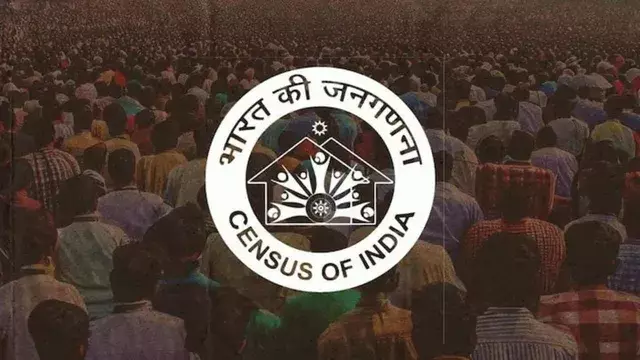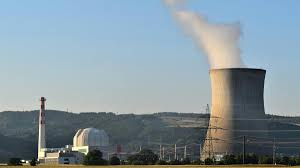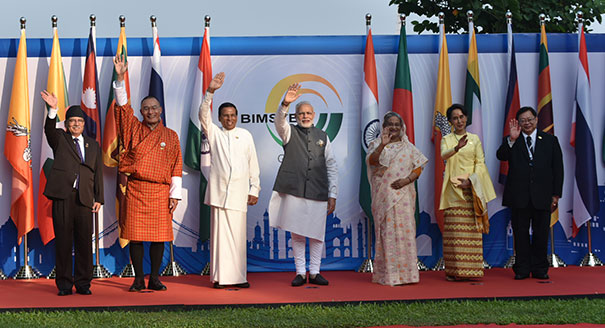- Courses
- GS Full Course 1 Year
- GS Full Course 2 Year
- GS Full Course 3 Year
- GS Full Course Till Selection
- Answer Alpha: Mains 2025 Mentorship
- MEP (Mains Enrichment Programme) Data, Facts
- Essay Target – 150+ Marks
- Online Program
- GS Recorded Course
- Polity
- Geography
- Economy
- Ancient, Medieval and Art & Culture AMAC
- Modern India, Post Independence & World History
- Environment
- Governance
- Science & Technology
- International Relations and Internal Security
- Disaster Management
- Ethics
- NCERT Current Affairs
- Indian Society and Social Issue
- NCERT- Science and Technology
- NCERT - Geography
- NCERT - Ancient History
- NCERT- World History
- NCERT Modern History
- CSAT
- 5 LAYERED ARJUNA Mentorship
- Public Administration Optional
- ABOUT US
- OUR TOPPERS
- TEST SERIES
- FREE STUDY MATERIAL
- VIDEOS
- CONTACT US
Mercy Petition: Pardoning Power of President & Governor
Mercy Petition: Pardoning Power of President & Governor
President of India Droupadi Murmu has rejected the mercy petition of Mohammad Arif alias Ashfaq (Pakistani national) who is a member of Lashkar-e-Taiba. He was sentenced to death in the December 2000 Red Fort attack where three Army personnel were killed.
Background
- The Red Fort attack case dates back to 2000, in which three Army personnel were killed.
- Arif was sentenced to death in 2005 by a trial court, which was confirmed by the Delhi High Court in 2007 and the Supreme Court in 2011.
- Arif had filed several petitions, including a review petition and a curative petition, which were rejected by the Supreme Court.
What is Mercy Petition?
- A mercy petition is a formal request made by someone who has been sentenced to death or imprisonment seeking mercy from the President or the Governor, as the case may be.
- The idea of Mercy Petition is followed in many countries like the U.S., the U.K, Canada, and India Constitutional Provisions related to Mercy Petitions to the President.
Process of making a Mercy Petition
- There is no statutory written procedure for dealing with mercy petitions, but in practice, after extinguishing all the reliefs in the court of law, either the convict in person or his relative on his behalf may submit a written petition to the President.
- The petitions are received by the President’s secretariat on behalf of the President, which is then forwarded to the Ministry of Home Affairs for their comments and recommendations.
Constitutional Provisions related to Mercy Petitions
- Article 72 of the Constitution empowers the President to grant pardons, reprieves, respites or remissions of punishment or to suspend, remit or commute the sentence of any person convicted of any offence –
- In all cases where the punishment or sentence is by a Court Martial.
- In all cases where the punishment or sentence is for an offence against any law relating to a matter to which the executive power of the Union extends.
- In all cases where the sentence is a sentence of death.
- Similarly, the power to grant pardon is conferred upon the Governors of States under Article 161 of the Constitution of India.
- Earlier, the Governor cannot pardon the death sentence that was the exclusive power of the Indian President.
- But in August 2021, the Supreme Court held that the Governor of a State can pardon prisoners; including death row ones, even before they have served a minimum of 14 years of a prison sentence.
|
Feature |
Article 72 (President) |
Article 161 (Governor)
|
Key Differences |
|
Scope of Power |
Extends to offenses against laws relating to matters under the executive power of the Union (central government). |
Extends to offenses against laws relating to matters under the executive power of the State. |
President's power is broader in scope, covering Union matters, while Governor's is limited to state matters. |
|
Court Martial Cases |
Yes, can pardon/commute sentences in cases where punishment is by a Court Martial (military court) |
No, does not have the power to pardon/commute sentences in Court Martial cases |
President holds exclusive power in cases involving the military. |
|
Death Sentence Cases |
Yes, can pardon/commute death sentences |
Yes, can pardon/commute death sentences |
Both have the power to grant mercy in death penalty cases. |
|
Minimum Sentence Served |
No specific requirement for minimum sentence served before pardon |
No specific requirement for minimum sentence served before pardon (as per 2021 Supreme Court ruling) |
Both can pardon even before a minimum sentence is completed. |
|
Judicial Review |
Pardoning power is subject to judicial review on limited grounds (e.g., mala fide exercise, non-application of mind) |
Pardoning power is subject to judicial review on similar grounds as the President's power |
Both powers are not absolute and can be reviewed by the courts, although the scope for review is limited.
|
Grounds for filing Mercy Petition
- The mercy or clemency is granted on the grounds based on his health, physical or mental fitness, and his family’s financial conditions considering if he is the only sole earner of bread or butter or not.
- The Supreme Court in cases such as Shatrughna Chauhan vs Union of India (2014) held that Right to seek for mercy under Article 72/161 of the Constitution is a constitutional right and not at the discretion or whims of the executive.
Judicial Review:
- President must act based on the advice of Council of Ministers in mercy petititons (Maru Ram vs UOI case ,1981).
- In Kehar Singh case (1988), the Supreme Court examined the pardoning power of the President and laid down the following principles:
- The petitioner for mercy has no right to an oral hearing by the President:
- The President Can examine the evidence afresh and take a view different from the view taken by the court.
- The power is to be exercised by the President on the advice of the union cabinet.
- There is no need for the Supreme Court to lay down specific guidelines for the exercise of power by the President.
- The exercise of power by the President is not subject to judicial review except where the presidential decision is arbitrary, irrational, mala fide or discriminatory.
What are the Different Types of Pardoning Power?
|
Type of Pardoning Power |
Description |
Example |
|
Pardon |
Completely absolves the convict of the crime, erasing the conviction and all associated penalties. |
The President grants a pardon to a person wrongly convicted of treason. |
|
Commutation |
Substitutes a harsher punishment with a lighter one |
The President commutes a death sentence to life imprisonment. |
|
Remission |
Reduces the period of the sentence without changing its nature |
The Governor remits one year from a two-year sentence of rigorous imprisonment. |
|
Reprieve |
Temporarily postpones the execution of a sentence, usually for a short period. |
The President grants a reprieve to a condemned prisoner to allow time for the filing of a mercy petition |
|
Respite |
Similar to reprieve, but for a longer period and often for medical reasons. |
The Governor grants a respite to a terminally ill prisoner to allow them to spend their final days at home. |
What do the Laws of other Countries Provide?
- USA: The Constitution of America gives the President the similar powers to grant reprieves or pardon for offences under Federal law, except in cases of impeachment. However, in cases of violation of state law, the power has been given to the concerned Governor of the state.
- UK: In the UK, the Constitutional monarch can pardon or reprieve for offences on ministerial advice.
- Canada: The National Parole Board under the Criminal Records Act is authorised to grant such reliefs.
Proposed Changes under Bharatiya Nyaya Sanhita:
- The Bharatiya Nyaya (Second) Sanhita, 2023, which is set to replace the Indian Penal Code, 1860, has introduced several changes to the procedure for filing mercy petitions.
- The new law limits the right to file a mercy petition to the convicts or persons related to them, which could adversely impact death row convicts.
- The law provides for several time limits, including a 30-day limit for the convict to submit a mercy petition to the Governor or the President.
- However, no time limits have been prescribed for consideration of mercy petitions by the President and Governor.
- The law also stipulates that the President's decision on a mercy petition is final and cannot be appealed against, which could severely restrict judicial oversight and result in a violation of the convict's fundamental rights.
Conclusion:
The President's power to pardon death sentences is an important aspect of the Indian Constitution. However, it is essential to ensure that this power is exercised in a fair and transparent manner, and that the decision is not arbitrary or mala fide Judicial review plays a crucial role in ensuring that the President's decision is in accordance with the Constitution and the law



